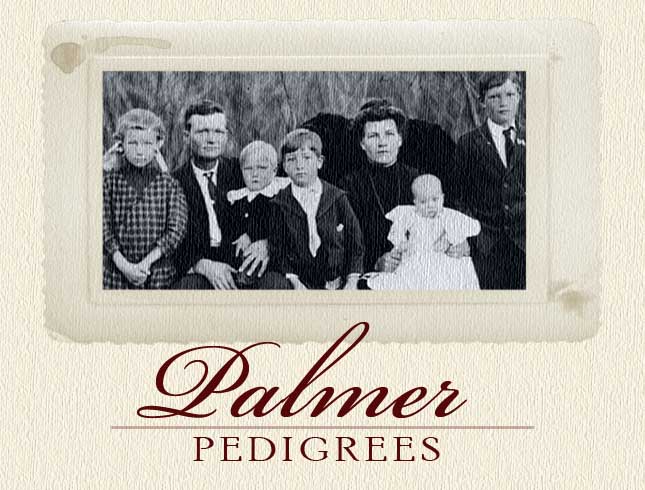It's Sunday, I'm working on family history, and Zemira Palmer is who I felt like posting some things about today! Below is a report my son, Ky, wrote several years ago for the Utah Sons of Pioneers essay competition. He was in fourth grade (2005-06) and his report won first place. I thought he did a great job and it serves as a basis and/or starting point for more detailed research. I like to play a game called Age of Empires. You can build your own civilizations, which includes gathering food, gold, stone, and wood and building houses and other buildings. You build your own armies and have battles. You have to do a lot of thinking and planning. My fifth great grandfather James Zemira Palmer did all of this in real life.
Zemira was born in Canada in 1831. He was one of seven children. His mom joined the Church of Jesus Christ of Latter-day Saints when he was two and about 1834 he came with her to Kirtland, Ohio. (His dad died not very long after he was born.)
Zemira lived in Kirtland with his mother until he was 7, and then they moved to Nauvoo, Illinois. Before the Mormons built a city in Nauvoo, it was a swamp. Later on, a mob came and drove the Mormons out of their city when Zemira was 15.
The Mormons started to come across the plains to find new land to live on. The United States was at war with Mexico. They ask 500 men to form a battalion. Zemira joined the army as a servant to Captain James Allan because he was too young to be a soldier. Zemira carried a gun and rucksack like all of the other soldiers. His mom, Phebe Draper Palmer, worked as a cook and laundress and his new step dad, Ebenezer Brown, was a captain for one of the companies.
The Battalion suffered a lot of hardships like lack of food, clothing and water. They only had to use their guns for protection when a herd of wild bulls was attacking their camp. They marched 2,000 miles. It became known as the longest infantry march in history. They built important roads.
After the battalion was finished with their job, Zemira found work at Sutter’s Mill in California. When he was 17 he found gold there. This was the start of the gold rush. Zemira found $500 worth of gold. Back then one ounce of gold was $17 to $18. Today it’s worth $500 an ounce. Zemira found about 29.41 ounces which today is worth about $14,706. He came to Utah in 1850 and moved to the town of Willow Creek, which later became the town of Draper which was named after Zemira’s mother’s family.
Zemira pioneered lots of other places. In 1849 Zemira went with nine men to ferry the California and Oregon Emigration over the Green River. He was an important leader of several Mormon towns like Orderville. He was in charge of the United Order. Zemira was a very hard worker. He was a carpenter and a farmer.
Zemira liked to dance, sing, and write poetry, but he was also tough. When he lived in Heber City he was the Constable of Wasatch County and was also a Captain. He served in the Buchanan War.
Zemira died when he was 49. Like my fifth great grandfather, I want to be hard working, a leader, and enjoy life.


No comments:
Post a Comment